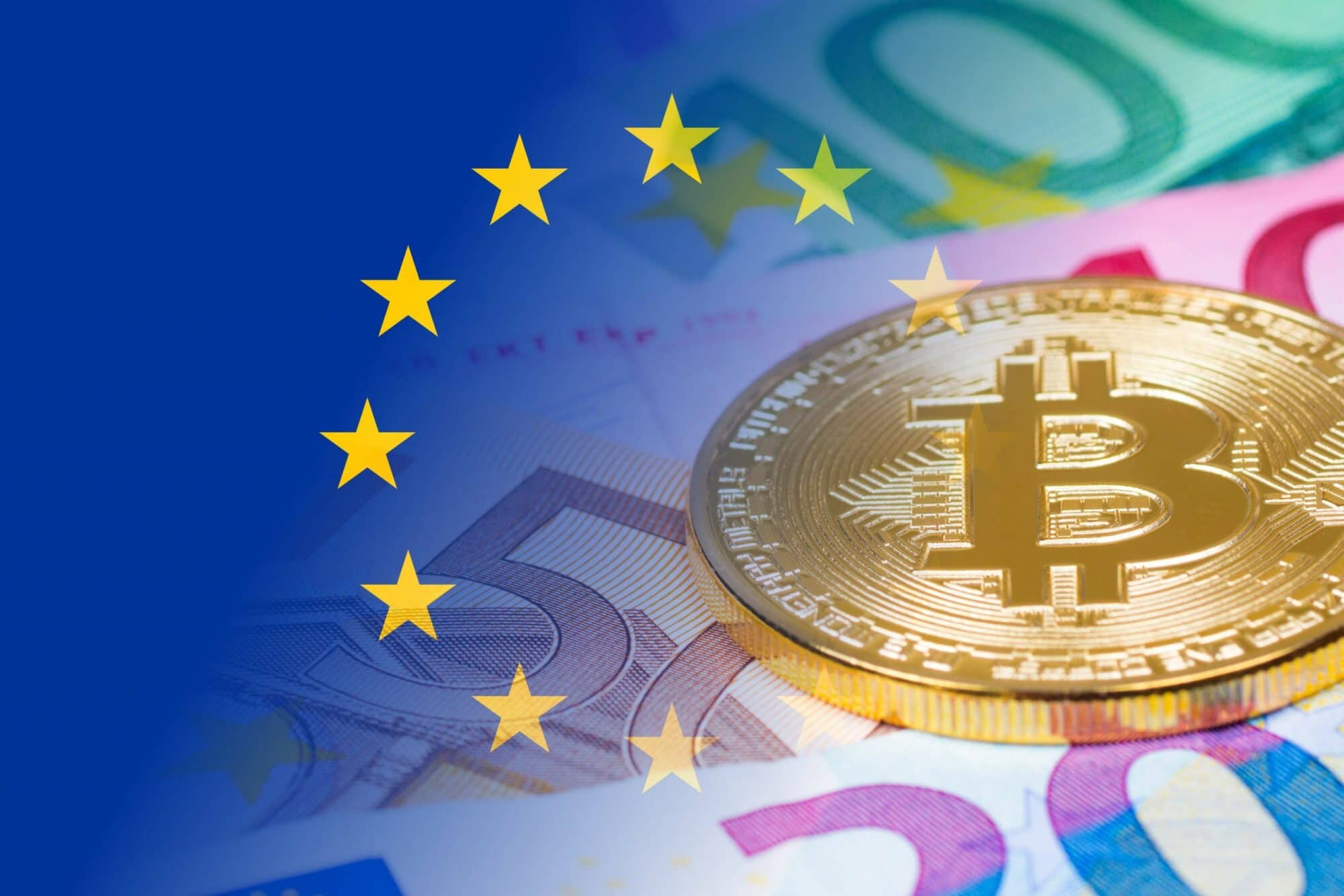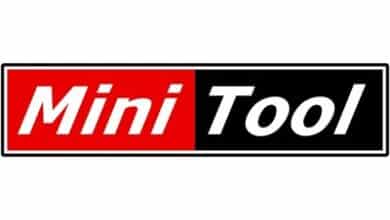The proposed EU Regulation is one of the most important ones for the entire crypto industry to date. This regulation establishes rules for issuers/offerors of crypto-assets (also known as the foundations, developers, and companies behind coins/tokens) and crypto-asset service providers (also known as exchanges and custodians).
Every entity operating in the European Union will have to follow these rules. However, we have to consider the “Brussels Effect”. Because of it, there is a very good chance these rules will become international standards in the end.
What EU regulation is giving prominence to?
The Council of the European Union has just given its permission to start negotiations with the European Parliament. If they both approve the proposed Regulation, it will become EU law. The Regulation is expected to be easily voted through. The final legal text to become official EU law will thus be very similar to the current proposal that’ll be discussed here.
The EU emphasizes that they have an interest in “developing and promoting the uptake of transformative technologies in the financial sector. This includes distributed ledger technology (DLT). The main objective of this Regulation is to support innovation and fair competition. All the while ensuring a high level of protection of retail holders and market integrity in crypto-asset markets. Its purpose is to enable crypto-asset service providers to scale up their business on a cross-border basis. And facilitate their access to banking services to run their activities smoothly. The EU also says that they do not intend to regulate the underlying technology of crypto-assets.
Now let’s firstly discuss the rules this Regulation sets out for issuers/offerors of different categories of crypto-assets. Secondly, look at the rules set out for exchanges operating in the European Union.
Rules in the EU Regulation for Issuers/Offerors of Crypto-Assets
A) Crypto-assets that are unique and not fungible with other crypto-assets: no regulations
As per the regulation, NFTs, including digital art and collectibles, don’t come under these rules. Although these assets are traded in marketplaces and they also have high speculative value.
B) Utility Tokens: no regulations
EU defines a utility token as a crypto asset that provides access to a good or a service supplied by the issuer of that token. The rules of the regulation do not apply to Utility tokens, as long as the good or service exists or is in operation.
C) Crypto-assets offered for free: no regulations
There are cases where the receiver does not give money, fees, personal data, or commissions to the offerors/issuers in return for those crypto-assets. These particular Crypto-assets are not bound to the rules described in the Regulation in such cases. This may be good news for Moons (there is no active exchange of personal data in return for Moons; even when Reddit collects personal data from all users).
D) Crypto-assets that are “automatically created as a reward for the maintenance of the DLT or the validation of transactions in the context of a consensus mechanism”: no regulations
These crypto-assets are not bound to the rules described in this Regulation.
E) E-Money (stablecoins): very strict regulations
‘Electronic money token’ or ‘e-money token’ means a type of crypto asset that alleges to maintain a stable value by reference to the value of an official currency of a country (EU definition). These tokens will be strictly regulated. Only recognized credit institutions and ‘electronic money institutions’ are allowed to issue e-money stablecoins. They will have to follow very strict rules.
F) Asset-Referenced Tokens (stablecoins): very strict regulations
‘Asset-referenced token’ means a type of crypto asset that is not an electronic money token and that purports to maintain a stable value by reference to any other value or right or a combination thereof, including one or several official currencies of a country (EU definition). This is what Facebook/Meta tried to do with Libra. These tokens will be strictly regulated. Only recognized credit institutions and entities that have been granted permission by the authority of an EU Member State can issue asset-referenced stablecoins in the European Union. They will have to follow very strict rules (see Regulation Title III for further details).
G) Crypto-assets that do not belong to any of the previously mentioned categories
Examples of such crypto-assets are payment coins that do not promise a stable value. Or, tokens that are not utility tokens. These crypto-assets face some regulation. The Regulation describes very detailed rules on the contents of white papers and also establishes rules on marketing communications. This is bad news for scams with poorly written, undetailed white papers and those using misleading forms of marketing. The European Securities and Markets Authority (ESMA) will most likely establish templates and standards for white papers in the crypto-industry (see Regulation Title II for further details).

Rules in the EU Regulation for Exchanges and Custodians
A) Exchanges / custodians (centralized): strict regulations
The Regulation focuses on establishing strict rules, such as the obligation to apply for official authorization in the EU Member States; to act in the best interest of clients; the obligation for capital requirements, safeguards, and insurance policies; to follow organizational requirements; the obligation to protect the crypto-assets and funds of clients; to hold the crypto-assets of clients in separate accounts than the accounts belonging to the exchange; the obligation to maintain effective and transparent complaint handling procedures; to identify, disclose and prevent conflicts of interest; the obligation to have resilient trading systems with sufficient capacity to deal with peak order and message volumes; and much more (see Regulation Title V for further details).
There is, however, a small but concerning statement for privacy coins: “The operating rules of the trading platform for crypto-assets shall prevent the admission to trading of crypto-assets which have inbuilt anonymization function unless the holders of the crypto-assets and their transaction history can be identified by the crypto-asset service providers that are authorized for the operation of a trading platform for crypto-assets”. What exactly they mean with this and which coins exactly fall under this category still remains to be seen. But I don’t think this comes as a shock for many.
B) Fully decentralized exchanges and DeFi: no regulations (yet)
Fully decentralized exchanges and DeFi protocols are not (!) bound to the rules described in this Regulation. Exchanges that are only partially decentralized may be bound to some of the rules in this Regulation but this is up for interpretation. The EU will, in the next few years, explore whether or not they will regulate this specific space.
C) Self-custody software wallets/hardware wallets: no regulations
These are not bound to the rules described in this Regulation. Remember the huge “EU will ban anonymous wallets” FUD a few months ago? It was all a lie. No rules!
Conclusion
This regulation seems to be a step in the right direction. It comes as a pleasant surprise. Especially for people who actively track the happenings of crypto. The regulation has been written by highly knowledgeable civil servants. It has been endorsed by EU Ministers of Finance with a more open approach to blockchain and cryptocurrencies than their non-EU counterparts. It seems like the EU understands their mistake to let US/Asia dominate the tech industry. Hence, they do not intend to repeat it again with the cryptocurrency. But, it might be a while before this is all signed into law so exchanges still have a few years to phase out Tether for regulated stablecoins.



